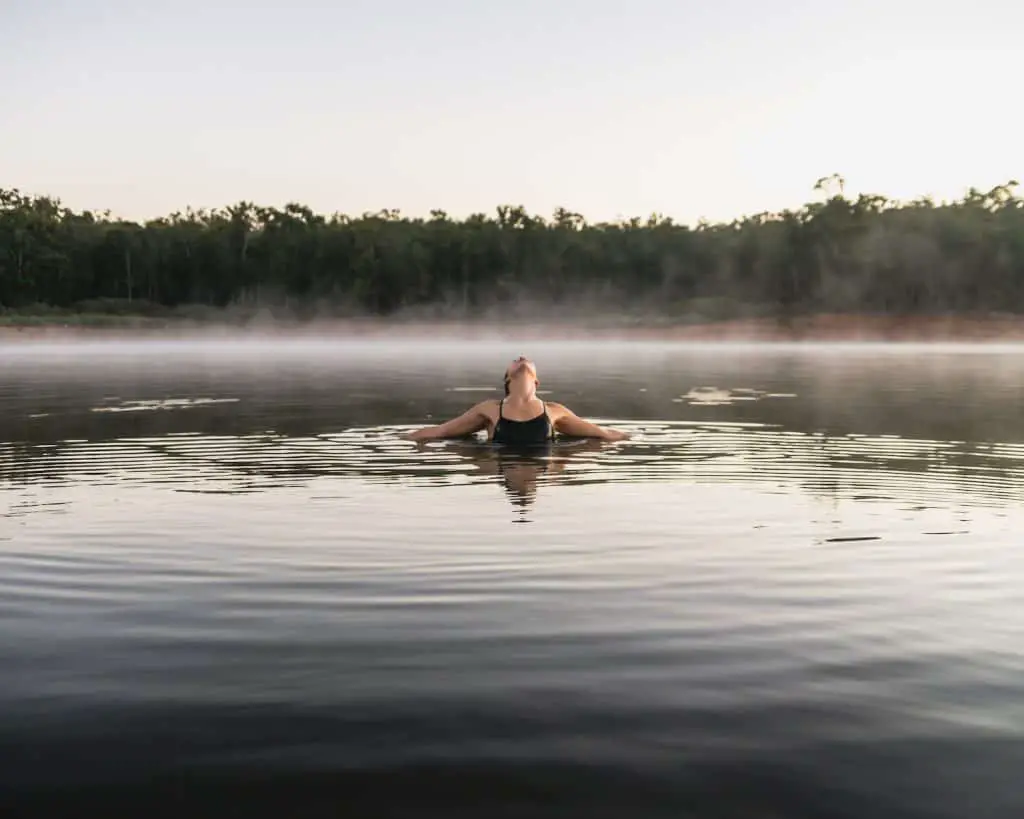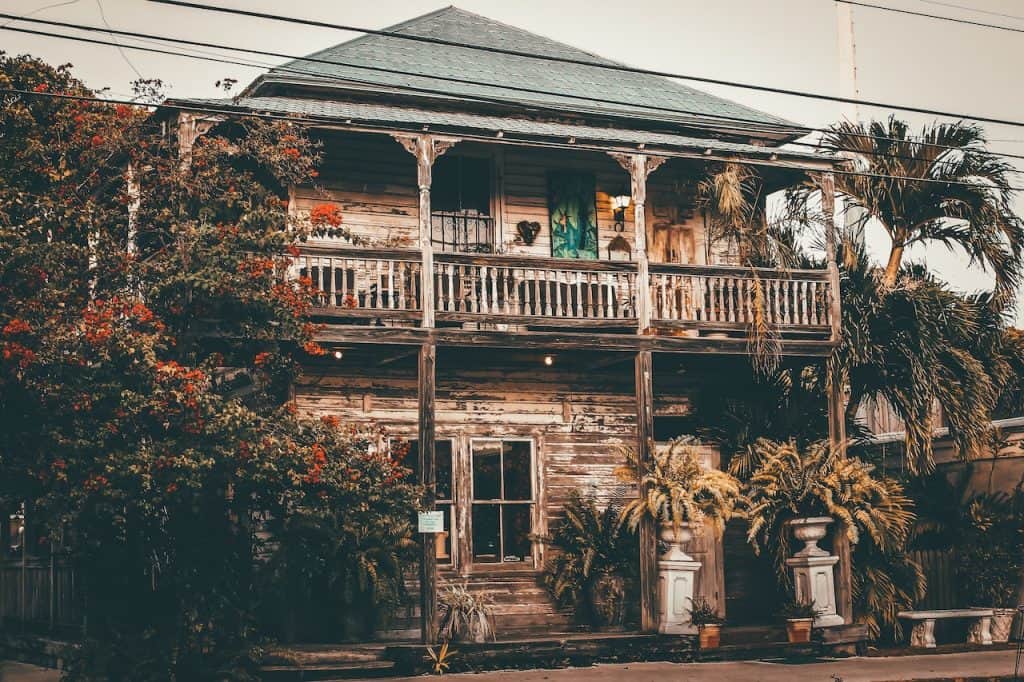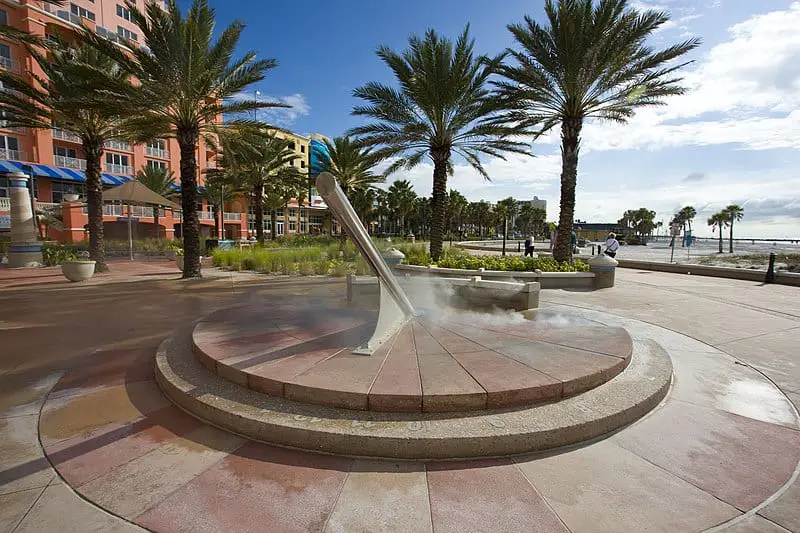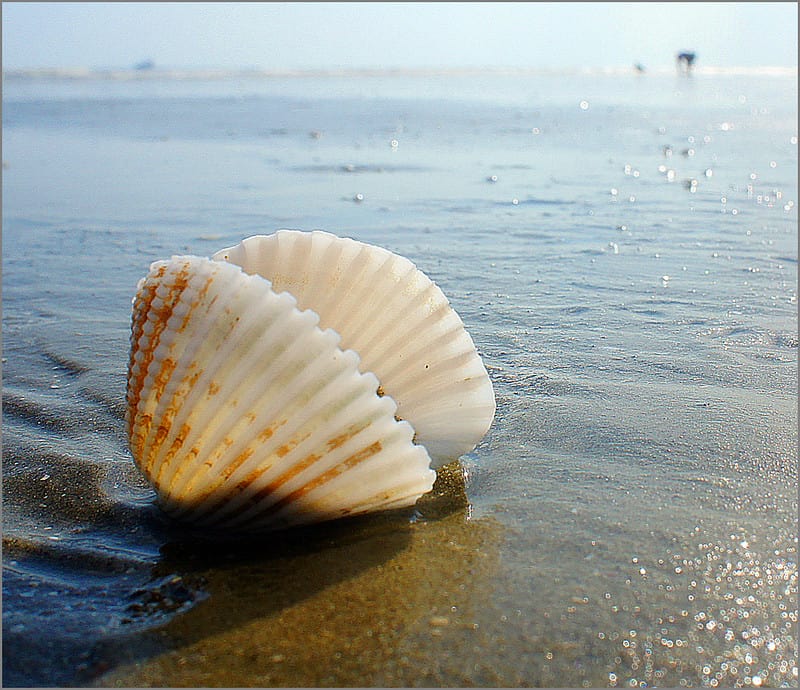Are you planning a visit to Lake Kissimmee? Well, a little knowledge of your destination will go a long way in ensuring you are well-equipped and you know what to expect. Located 15 miles east of Lake Wales, Lake Kissimmee is the third-largest in the state.
The lake is a famous destination for tourists interested in swimming, sunbathing, boating, canoeing, fishing, kayaking, and other water activities. Lake Kissimmee, together with Lake Kissimmee State Park, is famous for alligators.
Although all the major lakes in Kissimmee are fine for swimming, most people do not swim in them because they are brimming with alligators.
For any areas known to be habitats for alligators, it is best to avoid swimming in them. Splashes caused by swimming attract alligators as they interpret splashes as injured animals.
For this reason, they are likely to act on instinct and attack. Do not be fooled by their appearance.
While they seem sluggish and slow, these wild creatures are extremely powerful and can move with a startling speed over short land distances.
If you are at Lake Kissimmee, you are likely to come into contact with alligators, whether on land or in water. Since you’d rather be safe than sorry, swimming in Lake Kissimmee may not be the brightest idea.
Are there alligators in Lake Kissimmee?
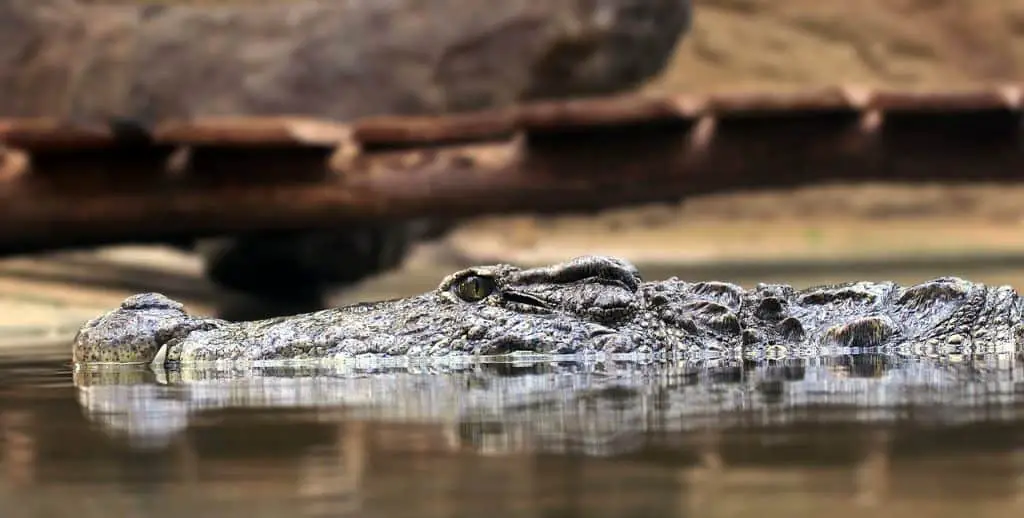
If you are visiting any freshwater source in Florida, the high chances are that you will spot at least one alligator lurking around.
It does not matter whether it is a lake or a river. But then again, if you live in Florida or have visited before, then you know that the state is very much synonymous with alligators. Lake Kissimmee is one of the Lake Kissimmee State Park rivers and Florida’s third-largest river.
Alligators fill both the state park and the lake. It is not shocking to spot one catching some rays on your way. Lake Kissimmee is one of the best spots for those who are curious to see these wild creatures. However, it would be best if you always took precautions where it concerns them.
Like any other wild animal, alligators will attack you if threatened. Most of the time, you will find simply sitting around, maybe catching some rays.
It is okay to see them but make sure you maintain a safe distance to avoid any accidents. If you have fish scarps with you, ensure you dispose of them in garbage cans; otherwise, alligators will associate you with food.
Lake Kissimmee brims teem with alligators, so make sure you know what to expect before visiting.
What town is Lake Kissimmee in?
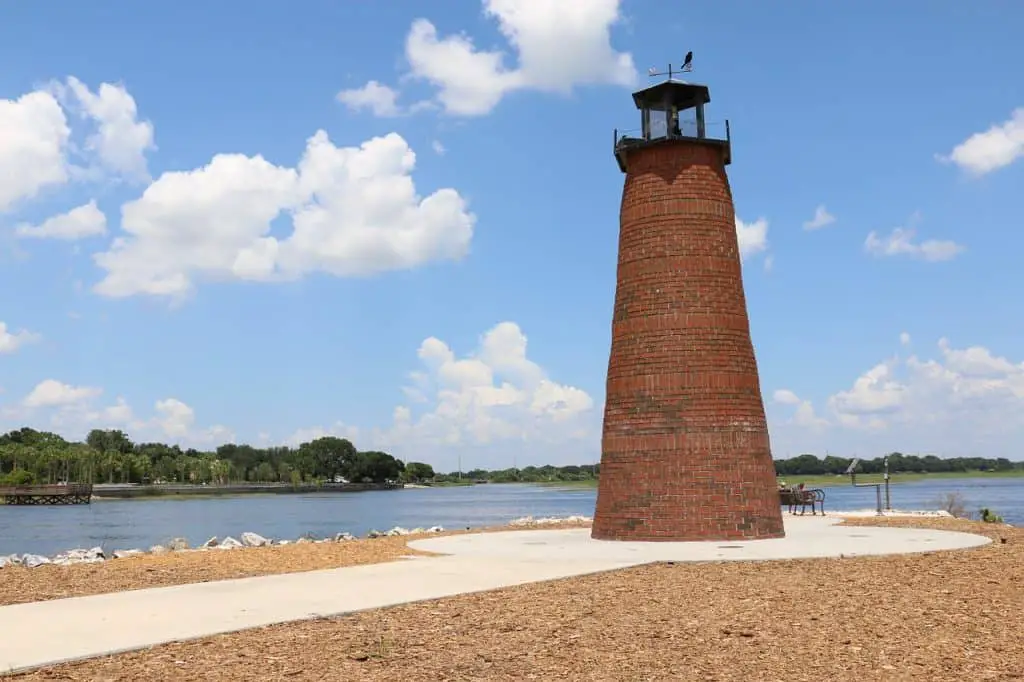
Lake Kissimmee is one of the lakes at Lake Kissimmee State Park located off State Road 60, 15 miles east of Lake Wales. The Lake Kissimmee State Park is located 15 miles east of Lake Wales and is home to Lake Kissimmee, the third-largest in the state.
This park encompasses three lakes, including Lake Kissimmee, Florida’s third-largest lake, the smaller Lake Rosalie, and Tiger Lake. Lake Kissimmee sits in Lake Wales, a small city in eastern Polk County, Florida.
Lake Wales gets its name from Lake Wales Ridge, a sandy scrub environment home to several endemic species like the gopher tortoise.
The ridge itself is a long narrow tract of land running mainly through Highlands and Polk Counties. Lake Kissimmee is a great tourist destination with its excellent fishing properties, especially on a boat, although you can also opt for canal-side fishing.
Florida’s Polk County homes about 554 lakes and is considered the “Largemouth Bass Capital of the World.” Most of these lakes, including Lake Kissimmee, are some of the best lakes in the county for nature viewing- birds, alligators, turtles, and more- and some of the best bass fishing to be found anywhere.
How many acres is Lake Kissimmee State Park?
Lake Kissimmee State Park presents you with a big beautiful destination rich with history and wildlife. In this park, you will come face to face with the native wildlife that encompasses almost all creatures, from alligators to birds.
The majestic oak and hanging moss trees stand strong in a way that demonstrates their ability to withstand just about anything, besides providing shelter for picnic grounds and campsites.
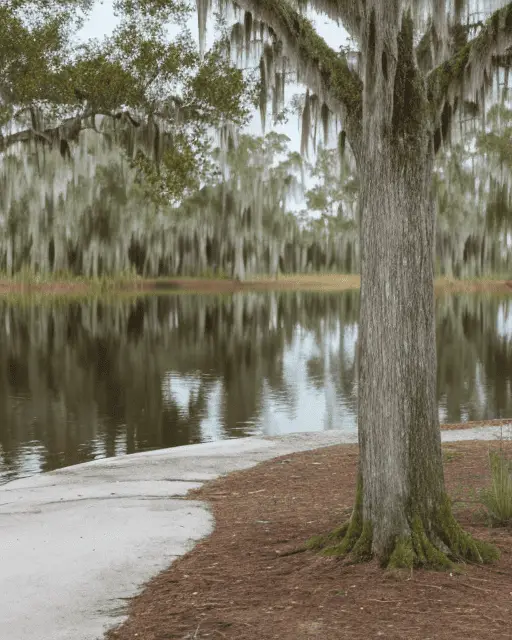
The state park itself sits on a 6000-acre land in Central Florida. Lake Kissimmee State Park provides a home for entertainment and live historical exhibitions during the weekends.
The region is in a less-visited part of the state and two hours away from any urban center.
Consequently, it has remained less developed. Because of its location far enough from the city, Lake Kissimmee Park stands out as one of the best parks in the state.
And you get to experience so many fun activities, from camping to canoeing and kayaking to sightseeing to starry skies away from city lights.
The 6000-acre land offers you recreational outlet scads; 13 miles of birding, camping, fishing, and excellent hiking trails.
Lake Kissimmee State Park encompasses three lakes, including Lake Kissimmee, Florida’s third-largest lake, the smaller Lake Rosalie, and Tiger Lake.
Are dogs allowed at Kissimmee State Park?
Nowadays people consider pets as part of the family, and they have to tag along at all times. Well, lucky for you and your dog, Lake Kissimmee State Park campground allows dogs to tag along.
However, you must keep your dog on a leash at all times no longer than 6 feet when outside your vehicle.
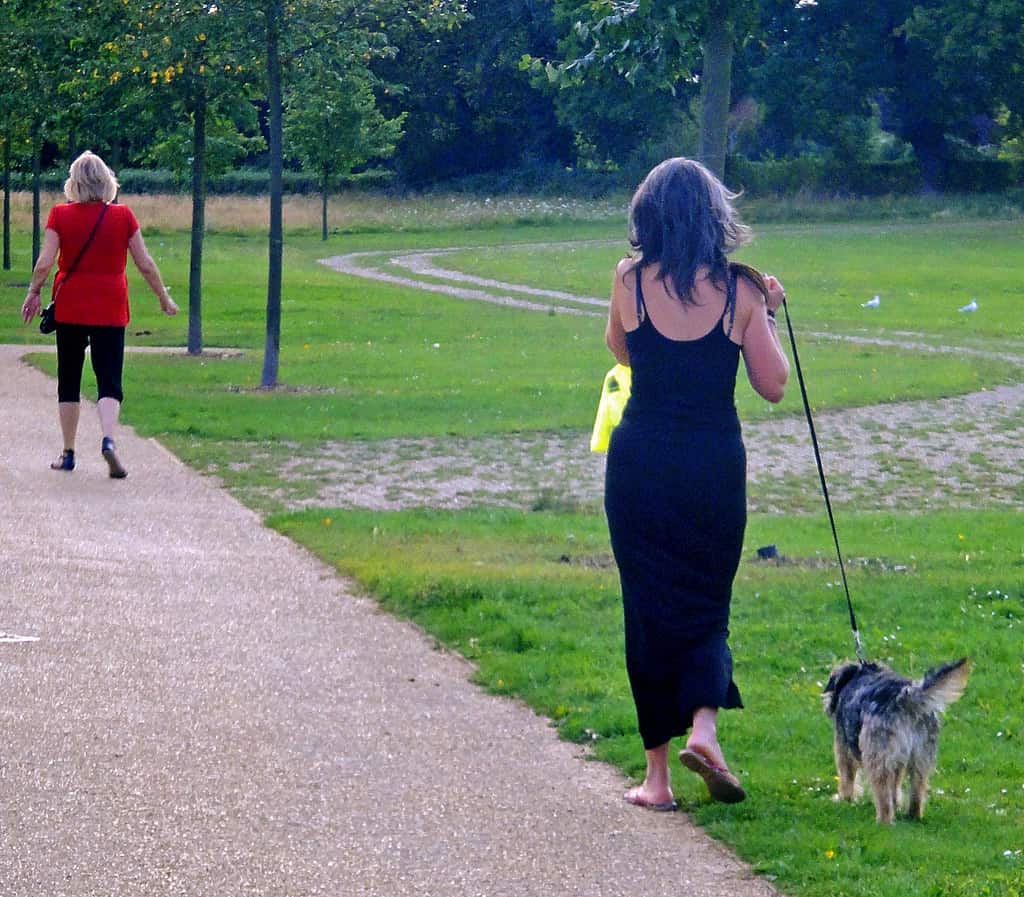
Ensure to keep in mind that they do not allow any pets at primitive campsites. For large alligators, the difference between domestic pets and wild food sources is non-existent.
If given the opportunity, a hungry alligator will act on its hunting instinct and may try to feed on your dog or any other house pet.
Even more, you should never allow your dog or child, for that matter, to swim in waters with alligators. Don’t even think about letting your dog play or drink at the water’s edge. Alligators simply interpret any form of a splash as a potential source of food.
Kissimmee State Park is a hidden gem nestled in the heart of Florida. With its diverse ecosystems, breathtaking natural beauty, and rich cultural heritage, the park offers a unique and rewarding experience for visitors of all ages.
From its pristine wetlands and meandering waterways to its lush forests and abundant wildlife, Kissimmee State Park provides a sanctuary for nature enthusiasts and outdoor adventurers alike.
The park’s extensive trail network allows visitors to explore its varied landscapes, offering opportunities for hiking, biking, and horseback riding.
Whether wandering through the cypress swamps, observing the vibrant birdlife, or fishing along the shores of Lake Kissimmee, every corner of the park reveals a new and captivating vista.
Beyond its natural splendor, Kissimmee State Park also preserves the legacy of Florida’s past. The park’s Cow Camp provides a glimpse into the state’s cattle-ranching history, showcasing the traditions and skills of the pioneer cow hunters.
Additionally, the park hosts educational programs and interpretive exhibits that highlight the cultural significance of the area, ensuring a deeper understanding and appreciation of its heritage.
For those seeking relaxation and tranquility, Kissimmee State Park offers camping facilities where visitors can immerse themselves in the peaceful ambiance of nature.
With spacious campsites, modern amenities, and access to recreational activities, it is an ideal destination for overnight stays and family outings.
Overall, Kissimmee State Park stands as a testament to the importance of preserving and appreciating Florida’s natural and cultural treasures.
It invites visitors to connect with the environment, engage in outdoor recreation, and gain a deeper understanding of the region’s heritage.
Whether exploring its trails, participating in educational programs, or simply enjoying a moment of serenity, a visit to Kissimmee State Park is an experience that will leave lasting memories and a renewed love for the great outdoors!

